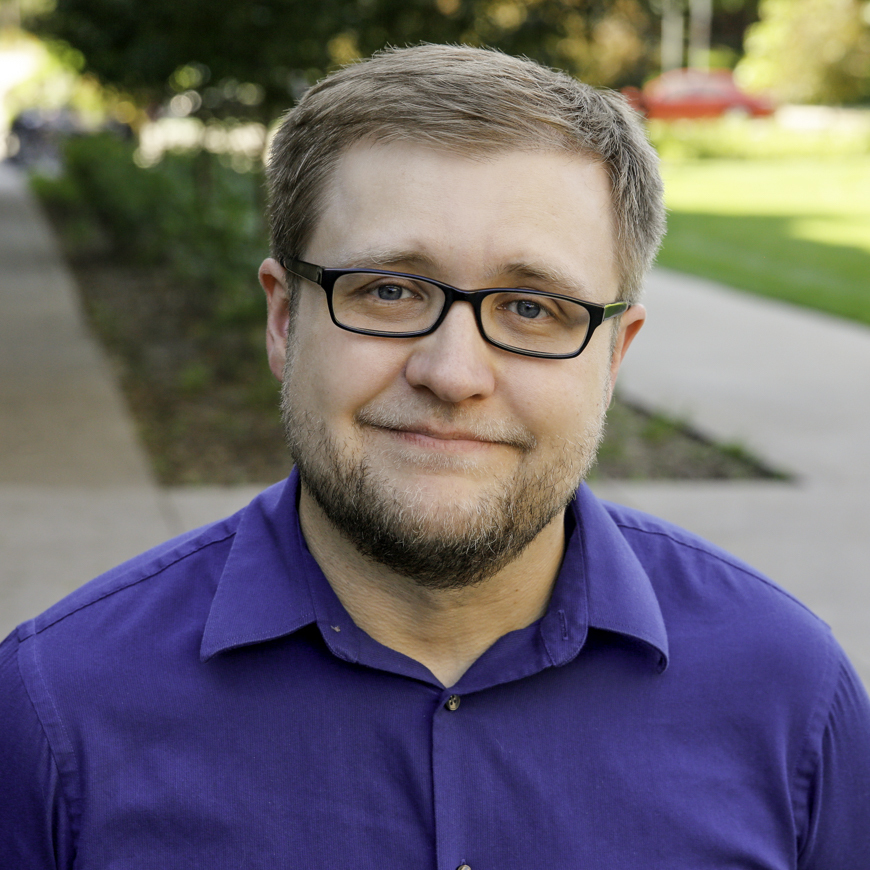
Artificial Intelligence and Medical School Admissions - July 30
Recorded On: 07/30/2024
-
Register
- User - Free!
The use of AI in medical school admissions and residency selection is a complex and dynamic topic of significant interest to the medical education community. Given the immense care and intentionality schools rightfully invest in this area, considerable thought and evaluation of any incorporated tools must be taken. In this session, we will explore how several institutions are thinking about the impact AI may have on programs and how, or if, they might seek to utilize it. Speakers from diverse institutions and in different roles related to these processes will share learnings, summarize internal discussions, and detail initiatives underway locally and nationally.
Learning Objectives:
- Understand the evolving landscape of AI integration in medical school admissions and residency selection, including the motivations, challenges, and considerations guiding institutional decisions.
- Analyze the potential impacts of AI on processes within medical education institutions, exploring both the opportunities and risks associated with its implementation.
- Evaluate various perspectives and strategies employed by different institutions and stakeholders in navigating the adoption of AI tools, fostering critical thinking and informed decision-making regarding their utilization in admissions and selection.

Leila Harrison, PhD, MA, Med
Vice Dean for Admissions, Student Affairs, and Alumni Engagement
Washington State University Elson S. Floyd College of Medicine
Dr. Leila Harrison is the Vice Dean for Admissions, Student Affairs, and Alumni Engagement and Assistant Professor at the Washington State University Elson S. Floyd College of Medicine. She oversees efforts in these areas as well as pathways related to admissions into the College. She has held leadership roles at the regional and national levels for the Association of American Medical Colleges (AAMC) in both the Southern and Western regions through the Committee on Admissions, Enrollment Management Workgroup, and as a Holistic Review Facilitator within the Group on Student Affairs. Overall, Dr. Harrison has been involved in medical education since 2002, mostly within admissions across three public medical schools. Dr. Harrison is Latina and a first-generation college graduate and the first in her extended family to earn a PhD. Throughout her career, she has advocated tirelessly for representation and inclusion within medical education and the healthcare workforce.

Ioannis Koutroulis, MD, PhD, MBA
Associate Dean of MD Admissions
Co-Director, MD Program Clinical and Translational Research Scholarly Concentration
Associate Professor of Pediatrics, Emergency Medicine, Genomics and Precision Medicine
George Washington University School of Medicine and Health Sciences
Ioannis Koutroulis, MD, PhD, MBA, is the associate dean of MD admissions at George Washington University School of Medicine and Health Sciences providing overall leadership in medical student admissions and strategic direction and priorities for the admissions program. Additionally, he is the co-Director of the Clinical and Translational Research Scholarly Concentration for the MD program, an Associate Professor of pediatrics, emergency medicine, genomics and precision medicine and a practicing pediatric emergency medicine physician and an NIH-funded principal investigator. He is a widely published scientist, publishing work on sepsis, obesity, and encephalopathy in many high-impact, peer reviewed journals. His research focuses on the use of AI/ML and Natural Language Processing for early identification and treatment of pediatric sepsis. He aims to use the same technology in MD admissions for a fair and efficient selection process. He is the recipient of several research and teaching awards and a member of numerous national committees on research and medical education.

Richard N. Landers, PhD
John P. Campbell Distinguished Professor of Industrial and Organizational Psychology
University of Minnesota - Twin Cities
Richard N. Landers, PhD, is the John P. Campbell Distinguished Professor of Industrial-Organizational Psychology at the University of Minnesota and Principal Investigator of TNTLAB (Testing New Technologies in Learning, Assessment and Behavior). His academic research concerns the use of innovative technologies like artificial intelligence, machine learning, games, gamification, and virtual reality, to improve psychometric assessment, employee selection, adult learning, and research methods. He is a Fellow of the Society for Industrial and Organizational Psychology, American Psychological Association, and Association for Psychological Science. His work appears primarily in psychology and interdisciplinary human-computer interaction journals. He is the incoming editor of the American Psychological Association’s Technology, Mind, and Behavior, an interdisciplinary journal at the intersection of psychology and computer science. He is author of two textbooks and has developed two edited scholarly volumes. He has been featured in the popular press, including Forbes, Business Insider, and Popular Science.
Laurah Turner, PhD, MA
Associate Dean of Artificial Intelligence and Educational Informatics
University of Cincinnati College of Medicine
Dr. Laurah Turner is an Assistant Dean of Assessment and Evaluation in the Office of Medical Education and an Assistant Professor in the Department of Medical Education at the University of Cincinnati College of Medicine. Her research focuses on leveraging artificial intelligence (AI), to advance medical education assessment, personalize learning experiences, and address disparities in training. Dr. Turner's work aims to develop assessment tools and systems that provide insights into students' readiness for residency. She is dedicated to advancing and actualizing precision medical education by tailoring learning experiences to individual needs and styles. In her AI system development, Dr. Turner emphasizes interpretability, robustness, and scalable oversight to ensure the trustworthiness and adaptability of these tools.
